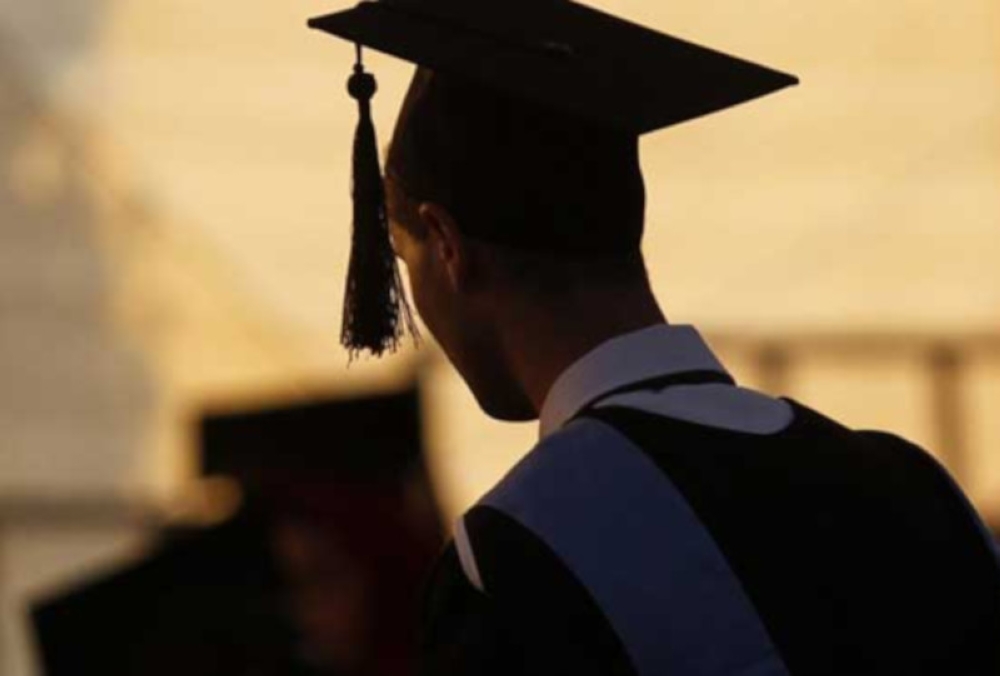MARCH 29 — As part of the academic community, academic freedom holds a profound significance for me.
Regrettably, for many scholars, the importance of academic freedom often goes overlooked until its absence becomes glaringly apparent.
This oversight is particularly concerning in disciplines like international relations and political science, where the exploration of contentious issues is common.
The significance of academic freedom in these fields cannot be overstated.
International relations and political science scholars navigate complex and sensitive subjects, including intergovernmental relations and geopolitical tensions.
Yet, despite its importance, academic freedom faces mounting challenges, both from internal and external pressures.
While internal factors within academic institutions play a crucial role in safeguarding academic freedom, external influences, such as geopolitical considerations, are increasingly threatening its integrity.
The escalating tensions between global powers, such as the US and China, coupled with ongoing crises like those in Ukraine and Gaza, directly impinge upon the ability of scholars to express themselves freely.
However, the noticeable absence of open discourse regarding these threats is particularly concerning in many academic circles.
Geopolitical complexities, inherently fraught with sensitive issues, often go unexamined as scholars find themselves constrained by external pressures.
The absence of meaningful dialogue further exacerbates the challenges scholars face in upholding academic integrity amid political agendas.
This predicament highlights the delicate balance scholars must strike between pursuing objective research and the responsibility inherent in their academic pursuits.
As tensions escalate, the academic community should have the space to confront these challenges collectively and directly, ensuring that academic freedom remains an unwavering cornerstone of scholarly pursuit.
As is evident, universities have increasingly become a geopolitical battlefield, with the Israel-Gaza war serving as a stark example of its chilling impact on academic freedom.
Even in liberal democracies like Germany, we observe instances of repression targeting individuals who advocate for Palestinian rights.
Moreover, the erosion of democratic principles like Hong Kong, particularly following the implementation of the 2020 National Security Law, has further exacerbated concerns regarding academic freedom.
Reports indicate that Taiwanese students studying in Hong Kong universities feel constrained in discussing political matters, with many resorting to self-censorship out of fear of reprisal.
These instances highlight that issues of academic freedom are not limited to specific regions but are widespread, extending to Europe and North America.
Mounting geopolitical tensions have prompted a reconsideration of international academic co-operation, spotlighting the relationships forged by universities worldwide.
Geopolitical considerations are increasingly viewed as either facilitating or impeding higher education internationalisation. They can create tensions across stakeholder groups, competing for regional and global resources and privileges, often employing soft power tactics.

The controversial case of Chinese-funded Confucius Institutes is one prime example. While some Confucius Institutes in certain “democratic” countries, such as the US and the United Kingdom (UK), were shut down, their expansion continues unabated in the Asia Pacific region, revealing different narratives directly impacted by the geopolitical tension.
The concept of academic freedom is increasingly construed through a geopolitical lens, exemplified by the current dynamics between China and countries such as the UK and the US.
Variations in the contexts and cultures of global higher education give rise to diverse interpretations of the freedom to teach, learn, and govern within academia.
The impact of geopolitical concerns on academic freedom extends beyond matters of international cooperation or the freedom to teach and write; it encompasses the challenge of reconciling ideological differences amidst a shifting international order.
The integrity of scientific research is easily compromised when states exert influence. The distinction between soft power and propaganda becomes blurred, and the legitimacy and credibility of research often hinge on the absence of government interference.
Despite a shared acknowledgement of the importance of granting higher education institutions the autonomy to foster science diplomacy through research and education, government officials persist in exploiting these institutions to advance self-serving geopolitical agendas.
Amidst escalating geopolitical tensions, governments, research institutions, and individuals within established scientific systems face an expanding array of risks and challenges posed by states deemed violators of international norms.
While some argue that universities should refrain from collaborating with such countries, a blanket cessation of cooperation fails to account for the nuances between foreign policy and national politics.
This dilemma presents individuals pursuing education and research with a complex quandary: should they “pay” for geopolitical reasons?
In today’s turbulent geopolitical climate, it is imperative for universities and academics to assert their role in shaping international relations through higher education and research.
As higher learning institutions, universities are dedicated to nurturing an environment where scientific knowledge can thrive free from external pressures.
Recognising the fundamental disparities in political systems, ideologies, and values globally can engender disagreements and conflicts.
It is crucial, therefore, to openly discuss how these differences intersect with the realm of academic freedom.
Only through such discourse can universities and scholars navigate the complexities of geopolitical realities while upholding their commitment to intellectual autonomy and scholarly integrity.
* Khoo Ying Hooi, PhD is an Associate Professor at the Department of International and Strategic Studies, Faculty of Arts and Social Sciences, Universiti Malaya.
**This is the personal opinion of the writer or publication and does not necessarily represent the views of Malay Mail.





















